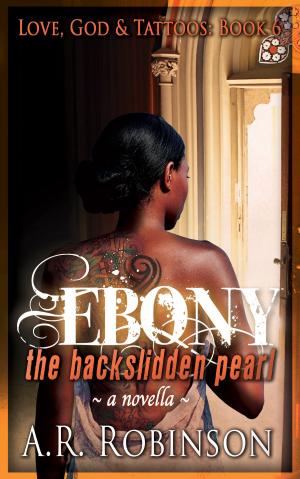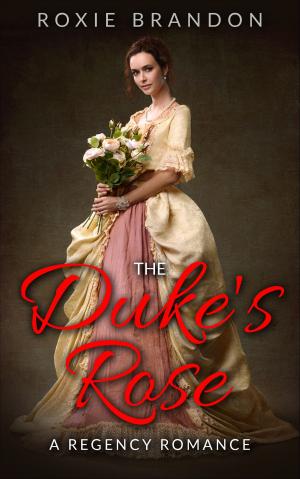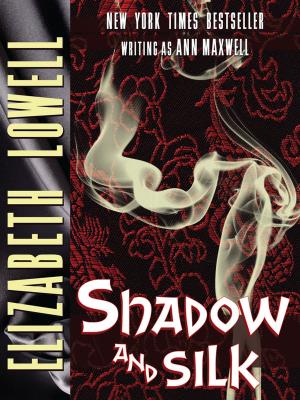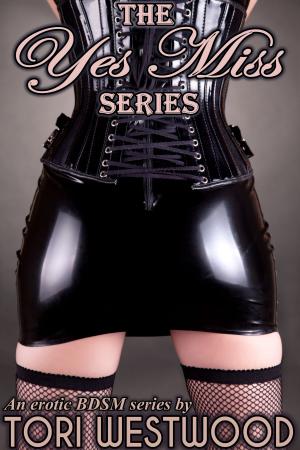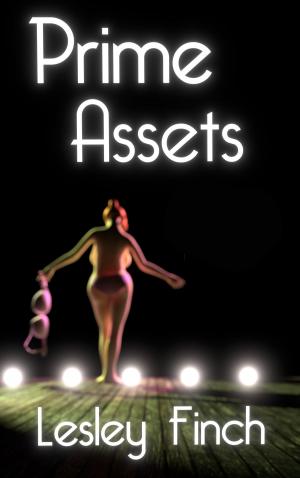Thomas Otway The Best Plays of the Old Dramatists
Comics & Graphic Novels, Fiction & Literature, Short Stories, Romance| Author: | Thomas Otway | ISBN: | 1230000263909 |
| Publisher: | VIZETELLY & CO | Publication: | August 28, 2014 |
| Imprint: | Language: | English |
| Author: | Thomas Otway |
| ISBN: | 1230000263909 |
| Publisher: | VIZETELLY & CO |
| Publication: | August 28, 2014 |
| Imprint: | |
| Language: | English |
Example in this ebook
It is now a commonplace of criticism that the epoch of Charles II. was an epoch of decline and degradation for the British drama. The complacent self-felicitations of Dryden in his early days on the superior refinement of his own age, and the consequent superiority of his own plays to those of Elizabeth and James, dispose us to insist upon the contrary view with somewhat emphatic asperity. Yet later, Dryden did ample justice to "the giant race before the flood"—the pre-rebellion poets, by himself so named—expressly repudiating French influence moreover. Indeed, the great wave of dramatic energy had culminated, and was subsiding. The age so extolled by Dryden was, in many respects, unfavourable to dramatic poetry. The Puritan, with his grave, earnest tone, righteous indignation against evil living, and crude, sour, uncultivated other-worldliness, had dehumanized the people, frowning upon art, beauty, and secular knowledge, till they withered and dwindled, as under a blight; so that religious reverence became identified with blind intolerance, virtue and high principle with clownish ignorance and pharisaic cant.
Then, after the Restoration—(partly through that tendency to reaction from extremes which characterizes human nature, partly through the direction given to our stage by a dissolute and light king, who had lived an exile at a court where he and his courtiers, besides acquiring foreign tastes, might well learn disuse, and forget the habit of patriotism)—not only a wide-spread sexual license, but a very general social and political corruption prevailed in England. The troublous period of the civil wars, moreover, besides leaving little leisure for the graces of life and courtship of the Muses, had engendered a certain ferocity and violence of tone in political and social relations; the war thunders and commotions still growled and grumbled, heaved and seethed in the sullen subsiding swell of bitter and furious faction—religious fanaticism on the one hand, incredulity and moral indifference on the other. Our very patriotism was tainted with venality. And though some splendid naval victories adorned the reign, though a few names, for ever illustrious in our annals, shine like stars from among dark and turbulent clouds, it was a time when our buffoon king bartered the liberties of his country for gold of a foreign prince, invoking alien aid against his own subjects; when the Dutch admiral sailed by silent and dismantled forts up our chief river and burned our ships; when Clarendon, the historian, the Tory statesman of high reputation, grovelling at the Council board before the divine right of Stuarts, proclaimed eagerly his longing to embrace dishonour, and sacrifice his own daughter at the shrine of that terrible idol; when the shrewd and subtle Liberal statesman, Shaftesbury, emulating Machiavelli, deserved the scathing invective inflicted by Dryden upon Achitophel. Shall we compare such a middle age of declining manhood, though not shorn indeed of all glory, with that of Elizabeth in the generous splendour and faulty exuberance of adventurous youth? The purple glow of health and morning had well-nigh faded from this dim world.
To be continue in this ebook................................................................................................................
Example in this ebook
It is now a commonplace of criticism that the epoch of Charles II. was an epoch of decline and degradation for the British drama. The complacent self-felicitations of Dryden in his early days on the superior refinement of his own age, and the consequent superiority of his own plays to those of Elizabeth and James, dispose us to insist upon the contrary view with somewhat emphatic asperity. Yet later, Dryden did ample justice to "the giant race before the flood"—the pre-rebellion poets, by himself so named—expressly repudiating French influence moreover. Indeed, the great wave of dramatic energy had culminated, and was subsiding. The age so extolled by Dryden was, in many respects, unfavourable to dramatic poetry. The Puritan, with his grave, earnest tone, righteous indignation against evil living, and crude, sour, uncultivated other-worldliness, had dehumanized the people, frowning upon art, beauty, and secular knowledge, till they withered and dwindled, as under a blight; so that religious reverence became identified with blind intolerance, virtue and high principle with clownish ignorance and pharisaic cant.
Then, after the Restoration—(partly through that tendency to reaction from extremes which characterizes human nature, partly through the direction given to our stage by a dissolute and light king, who had lived an exile at a court where he and his courtiers, besides acquiring foreign tastes, might well learn disuse, and forget the habit of patriotism)—not only a wide-spread sexual license, but a very general social and political corruption prevailed in England. The troublous period of the civil wars, moreover, besides leaving little leisure for the graces of life and courtship of the Muses, had engendered a certain ferocity and violence of tone in political and social relations; the war thunders and commotions still growled and grumbled, heaved and seethed in the sullen subsiding swell of bitter and furious faction—religious fanaticism on the one hand, incredulity and moral indifference on the other. Our very patriotism was tainted with venality. And though some splendid naval victories adorned the reign, though a few names, for ever illustrious in our annals, shine like stars from among dark and turbulent clouds, it was a time when our buffoon king bartered the liberties of his country for gold of a foreign prince, invoking alien aid against his own subjects; when the Dutch admiral sailed by silent and dismantled forts up our chief river and burned our ships; when Clarendon, the historian, the Tory statesman of high reputation, grovelling at the Council board before the divine right of Stuarts, proclaimed eagerly his longing to embrace dishonour, and sacrifice his own daughter at the shrine of that terrible idol; when the shrewd and subtle Liberal statesman, Shaftesbury, emulating Machiavelli, deserved the scathing invective inflicted by Dryden upon Achitophel. Shall we compare such a middle age of declining manhood, though not shorn indeed of all glory, with that of Elizabeth in the generous splendour and faulty exuberance of adventurous youth? The purple glow of health and morning had well-nigh faded from this dim world.
To be continue in this ebook................................................................................................................

